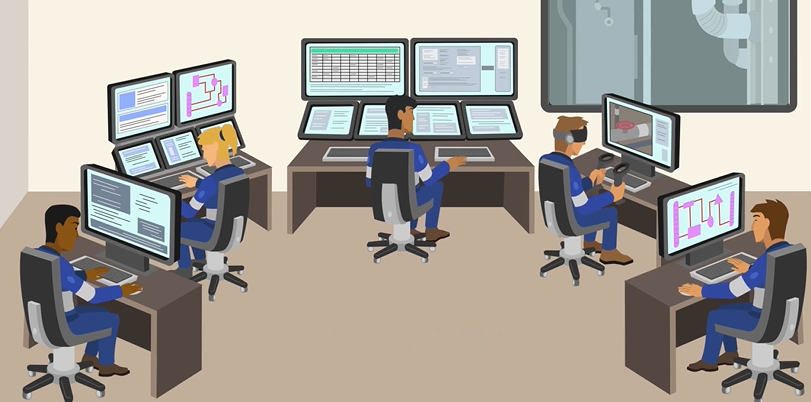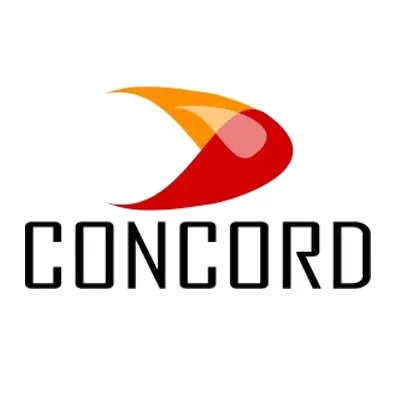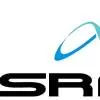AVEVA and the Shell Oil company have joined hands to discuss the future of smart production. Brent Kedzierski, head of learning strategy and innovation at Shell, and Ian Willetts, AVEVA’s vice president for process and simulation, explored how more personalised solutions will empower workers to take greater control over their work experiences creating, more adaptive, on demand experiences which will increase worker confidence, resulting in greater workforce creativity, autonomy and performance. According to Kedzierski, “Industry 5.0 will be characterised by mass personalisation and greater workforce collaboration.”
Human intelligence in harmony with cognitive computing. The discussion highlighted the need to accelerate the movement to better blend the connected technologies in the so-called Fourth Industrial Revolution, or Industry 4.0, with the humanistic practices and expectations of Industry 5.0 to deliver even more personalised worker experiences characteristic of higher concept and touch designs. “Combining the power of Industry 4.0 connected technologies with the human element of Industry 5.0 will pave the way for human intelligence to work in greater harmony with cognitive computing capabilities,” Kedzierski said.
While Industry 4.0 was about smart production, Internet of Things (IoT), sensors and drones, the discussion highlighted that Industry 5.0 will be differentiated by mass personalisation and experience design. Kedzierski is hopeful that Industry 5.0 will be a turning point for the human condition at work as physical and environmental safety competence is mastered and industry can shift to addressing psychological safety. “Industry 5.0 will offer greater opportunity, prosperity and sustainability for our workforce,” commented Kedzierski.
AI-infused micro learning. The speakers agreed that the need of the hour is to make the operator training environments more mobile, on-demand and collaborative to drive personalised worker experiences. The goal is to have an operator training simulator(OTS) where operators can come and build their own training exercises and easily share, test, and even gamify those with their colleagues.
In this regard, Willetts revealed that AVEVA has now integrated operator training simulators with a learning management system (LMS) so that the competency set that must be developed as part of a classroom, lesson or experiential learning exercise can be managed and tracked by the LMS. “We've also integrated AI infused micro learning that can build upon that learning profile and identify an individual’s strengths and weaknesses,” Willetts said. “We can also absolutely use the behavioural digital twin in experiential learning scenarios. The Digital Twin is not just a data representation of an asset━it provides insight and knowledge that helps companies better understand the behaviour of the process.” Kedzierski added, “We have witnessed this evolution reflected in the design of our OTS as well as the industry award-winning behaviour-based virtual reality (VR) learning solution that Shell created with AVEVA for frontline staff.”
Kedzierski concluded that delivering more personalised worker experiences as we progress is necessary to serve the new industrial agenda of achieving the goals of both the enterprise as well as the welfare of humans. “Industry 5.0 will be about connecting human cognition, collaboration and creativity to smart production. Progress will be judged on not just the connection of data between the IoT, but how connectivity enhances the human experience. The age of mass personalisation will be about achieving large-scale impact, one individual at a time.”
“Working on projects with innovative companies such as Shell is placing AVEVA way ahead of the curve. Our mission is to help the people behind complex industrial processes with information and solutions that combine data, AI and smart analytics to optimise efficiency and will help to shape a sustainable future,” Willetts said.
AVEVA is an engineering, planning and operations, asset performance, monitoring and control solutions company.
Written from a company news release.
Image: Representation of Aveva’s operator training simulator.




















